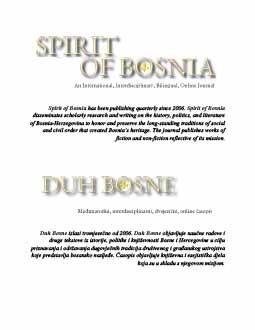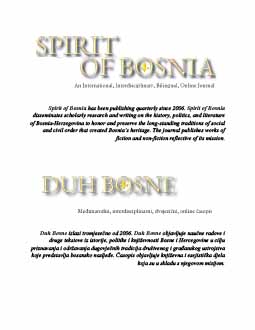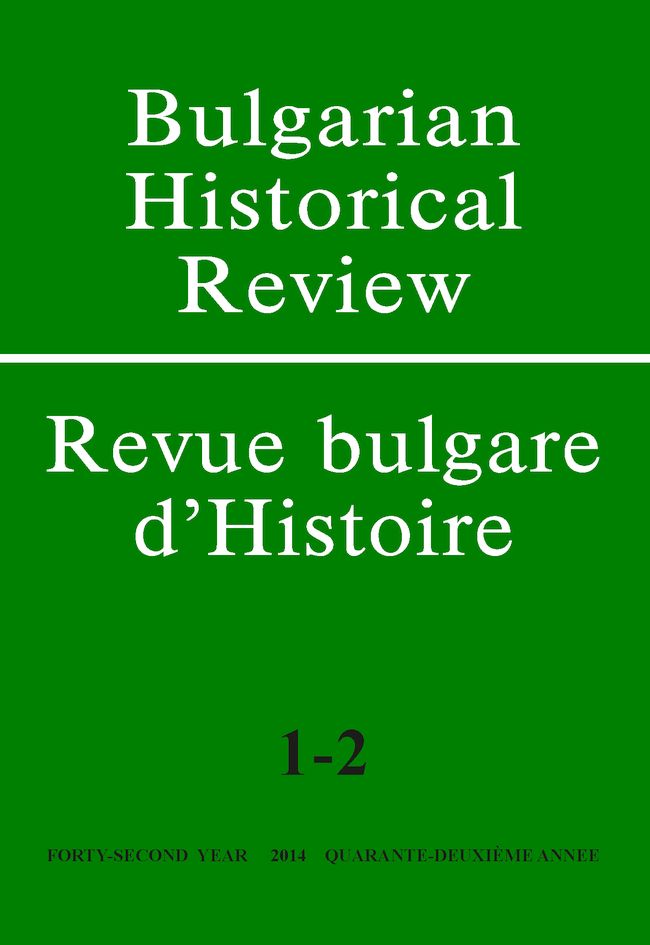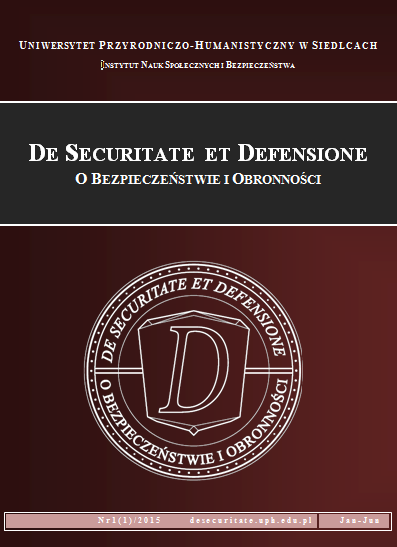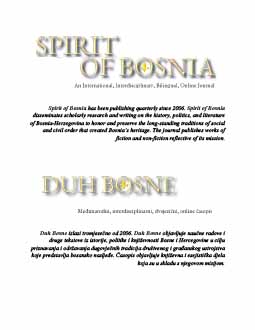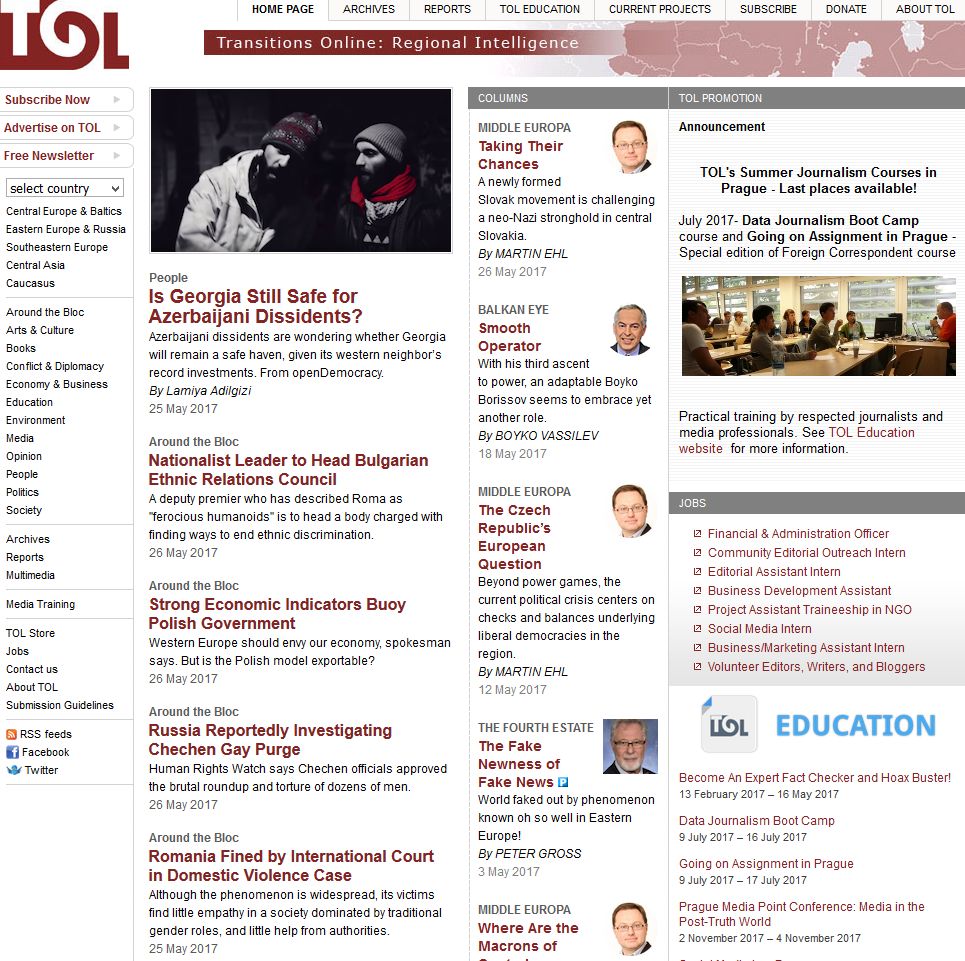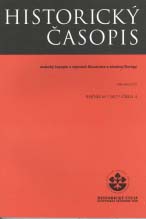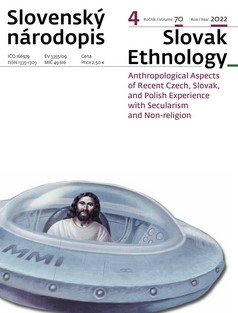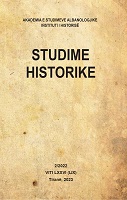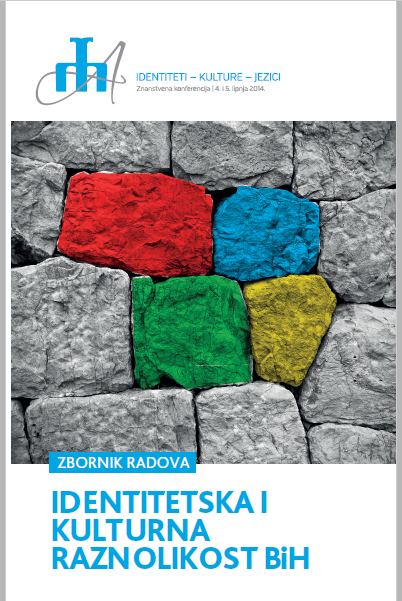
KULTURNI IDENTITET BOSNE I HERCEGOVINE
Through its entire history, Bosnia and Herzegovina has stood in a peripheral position in relation to the great cultural and civilisational centres of East and West. It has received their influences, but has also created its own socio-cultural field in which these influences are mutually interwoven and reshaped. Discontinuous political history, many migrations in various directions, coexistence of different systems of civilisation and religion have made Bosnia and Herzegovina an unusual social structure - composite and integral at the same time. The traditional image of the cultural identity of BiH is characterised by a prominent duality between the so called high and folk culture. The sphere of high culture is marked by the isolation of the three cultural entities; much different from that, the folk culture is an area where relations and practices of mutuality are established between people from all etno-confessional cultural circles. This makes the cultural identity and heritage of Bosnia and Herzegovina ambivalent and dialectical: they are both a “sum” and a “product”; they have their clearly differentiated nacio-cultural traditions, but interference also exists, i.e. their mutual tradition. The fundamental mark of BH cultural identity resides, then in its civilisational interwoveness: in the concurrency of one mutual and three separate traditions. This multiplicity is today demonstrated in the form of a sharp fragmentation, while the disparate perceptions of land, history or culture influence formulating political goals a lot. A political and social framework is needed in order for the productive interaction between mutual and separate to be re-established. In it all elements of the structure could come to light in a non-conflictual manner. BiH today is faced with these questions more erratically than ever in its recent history. The problem is old, but the answers have to be new, because the historical situation is such.
More...
